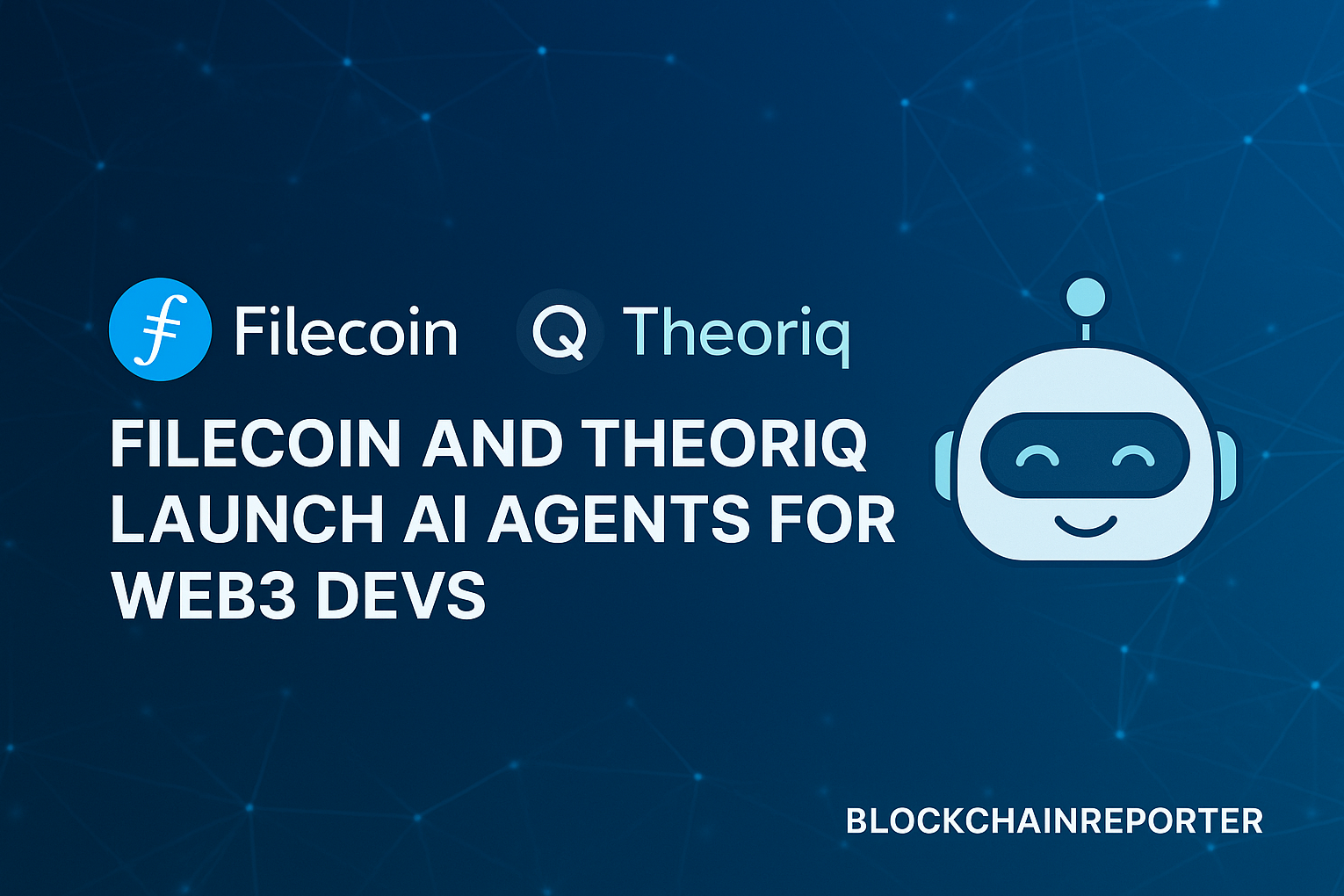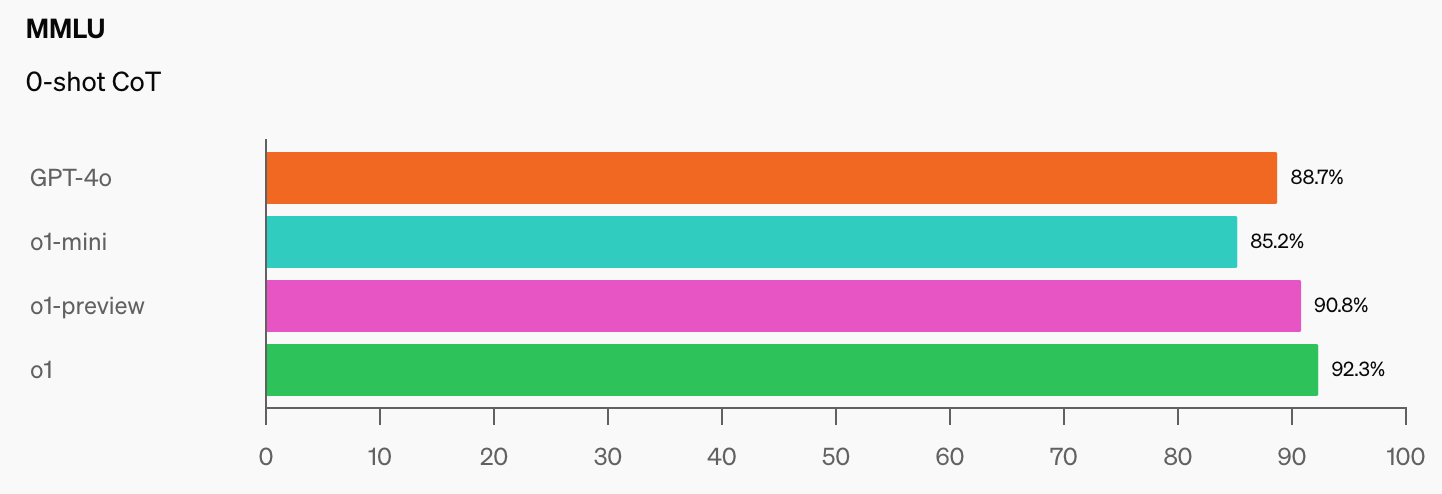In a month that saw both Bitcoin and Ethereum post double-digit gains, a surprising legislative development is being credited with triggering a powerful rally across the cryptocurrency market: the passage of the Genius Act—a new U.S. regulatory framework for stablecoins.
Unveiled in early July, the Genius Act introduces a standardized federal regime for issuing and managing stablecoins in the United States, offering clearer compliance pathways and explicit protections for users. But what sets this legislation apart isn’t just regulatory clarity—it’s how it aligns with the rapid convergence of blockchain and artificial intelligence.
A Smart Law for a Smarter Economy
According to Business Insider and The Wall Street Journal, the Genius Act is being hailed as the first piece of legislation that acknowledges the future of financial infrastructure will be “AI-aware”—that is, built with native compatibility for machine learning tools, intelligent contracts, and autonomous agents.
Stablecoins, often viewed as the bridge between traditional finance and decentralized ecosystems, are expected to play a central role in this transformation. With the Genius Act, U.S. lawmakers signal that they are ready to embrace programmable money in a way that aligns with AI-native platforms.
Market Response: Bitcoin and Ethereum Rally
Following the Act’s announcement, Bitcoin soared past $123,000 while Ethereum reclaimed $7,000, both reaching levels not seen since the early spring. Traders interpreted the legislation as a green light not only for stablecoin projects like USDC and USDP but also for the broader crypto infrastructure.
Institutional demand surged. AI-native hedge funds and decentralized computation networks reportedly ramped up allocations to ETH and BTC, seeing the Act as a foundation for sustainable innovation. Meanwhile, platforms focused on AI data marketplaces, such as Ocean Protocol and Fetch.ai, saw increased token velocity and developer activity.
Why AI Matters in Crypto Now
The Genius Act’s timing couldn’t be more relevant. Over the past year, AI models have increasingly relied on decentralized systems for storage, compute, and tokenized access. This includes:
-
AI training platforms paying node operators in crypto
-
Smart contracts governed by LLM agents
-
Decentralized oracles generating synthetic AI-based forecasts
As a result, many analysts are calling this the dawn of a Crypto-AI convergence era. By legitimizing programmable, AI-compatible stablecoins, the Genius Act lays the legal groundwork for what could become the dominant economic layer of the AI economy.
The Road Ahead
Despite the bullish sentiment, challenges remain. Privacy concerns, algorithmic accountability, and anti-money laundering compliance in AI-driven financial systems will demand further oversight. However, this legislation has done something rare in U.S. politics: it has united technologists, regulators, and investors around a shared vision of the future.
As crypto matures into infrastructure—not just speculation—and AI pushes toward decentralized intelligence, the Genius Act may be remembered as the catalyst that merged two revolutionary forces.
The Genius Act is more than just a regulatory update. It’s a declaration that the U.S. is ready to lead in building an AI-aware financial ecosystem, powered by blockchain technology. Whether you’re a trader, developer, policymaker, or simply crypto-curious, July 2025 may go down as the month when the next chapter of digital finance truly began.




